Pre-Tenure Faculty Excel
The University of Colorado Law School’s pre-tenure faculty are making waves, placing articles in top law journals and national publications, organizing workshops and conferences on cross-cutting issues, and presenting their research and scholarship at the local, national, and international levels.
Pre-tenure faculty have placed articles in prestigious law reviews including the Stanford Law Review, The Yale Law Journal, California Law Review, Michigan Law Review, and The Georgetown Law Journal on the topics of privacy, separation of powers, criminal justice reform, copyright, artificial intelligence, and more. Read on to see a summary of recent accomplishments by Colorado Law’s impressive pre-tenure faculty.
Kristelia A. García
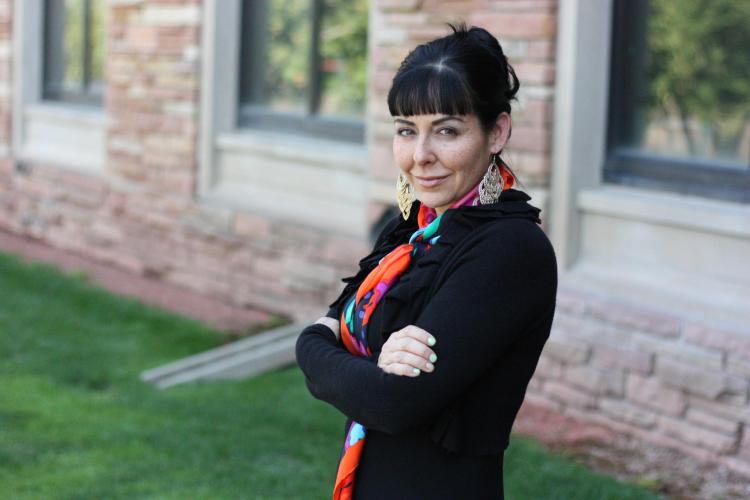
García’s research focuses on the intersection of law, technology, and economics, with a particular focus on efficiency, competition, private ordering, and distributive justice. In addition to serving as an associate professor, García is director of the content initiative for the law school’s Silicon Flatirons Center for Law, Technology, and Entrepreneurship.
Publications
García’s article, "Copyright Arbitrage," was published in California Law Review in 2019. Her latest article, “A Reconsideration of Copyright’s Term,” will be published in the Alabama Law Review later this year.
She presented the latter at the University of Houston Law Center, Vanderbilt Law School, Berkeley Law, and the University of Texas Law School. The paper was also selected for presentation as a featured project at the American Law & Economics Conference this May at NYU School of Law.
"Copyright Arbitrage" received the 2018 Intellectual Property & Information Law Sponsored Scholarship Grant, an award granted by the University of Houston’s IP Inn of Court, for best paper in Copyright, Entertainment, Media, Art, Design, and Sports Law. García presented the piece at Yale Law School, the University of Pennsylvania Law School, St. Louis University School of Law, and Loyola Law School.
Presentations and workshops
On March 7, 2019, García hosted a conference at Colorado Law titled “It’s a Barbie World: Intellectual Property, Rights of Publicity, and the Gender Wars,” focused on the intersection of IP and gender. The event brought leading scholars from around the country to Boulder to interface with nearly 100 members of the CU Boulder community, including students and faculty across the campus, practitioners, and alumni. Speakers included Orly Lobel, author of You Don’t Own Me: How Mattel v. MGA Entertainment Exposed Barbie’s Dark Side, and Jennifer Rothman, author of The Right of Publicity: Privacy Reimagined for a Public World.
Sharon Jacobs
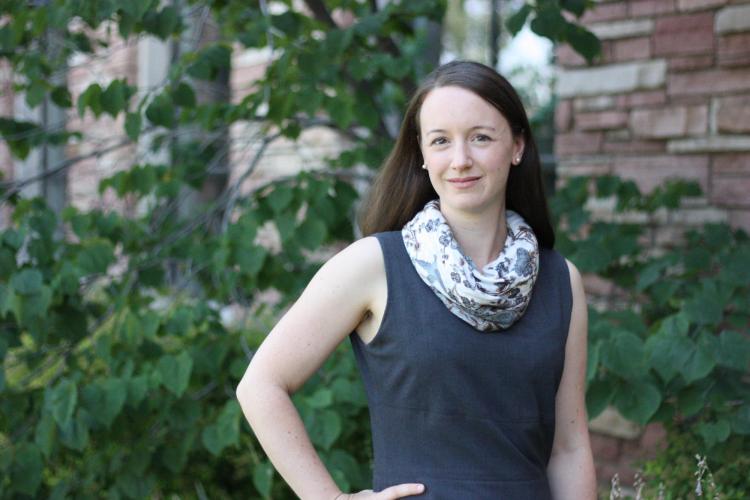
Jacobs' research focuses on the impact of regulatory structure and process on policy outcomes in energy and environmental law.
Publications
Jacobs’ latest article, “The Statutory Separation of Powers,” is forthcoming in the Yale Law Journal.
Presentations and workshops
Jacobs is organizing a workshop showcasing research from the top junior energy scholars across the nation, which will be held in Boulder on June 15, 2019.
She was invited to present her work on the Federal Energy Regulatory Commission and the Department of Energy before an audience of federal and state regulators, industry attorneys, and academics in Washington, D.C. The talk was part of the Power Shift series, sponsored by Harvard Law School, Duke’s Nicholas Institute for Environmental Policy Solutions, and the University of North Carolina, which connects energy and environmental law scholars, utility regulators, technical analysts, and policymakers around a legal vision for tomorrow’s energy solutions.
Margot Kaminski
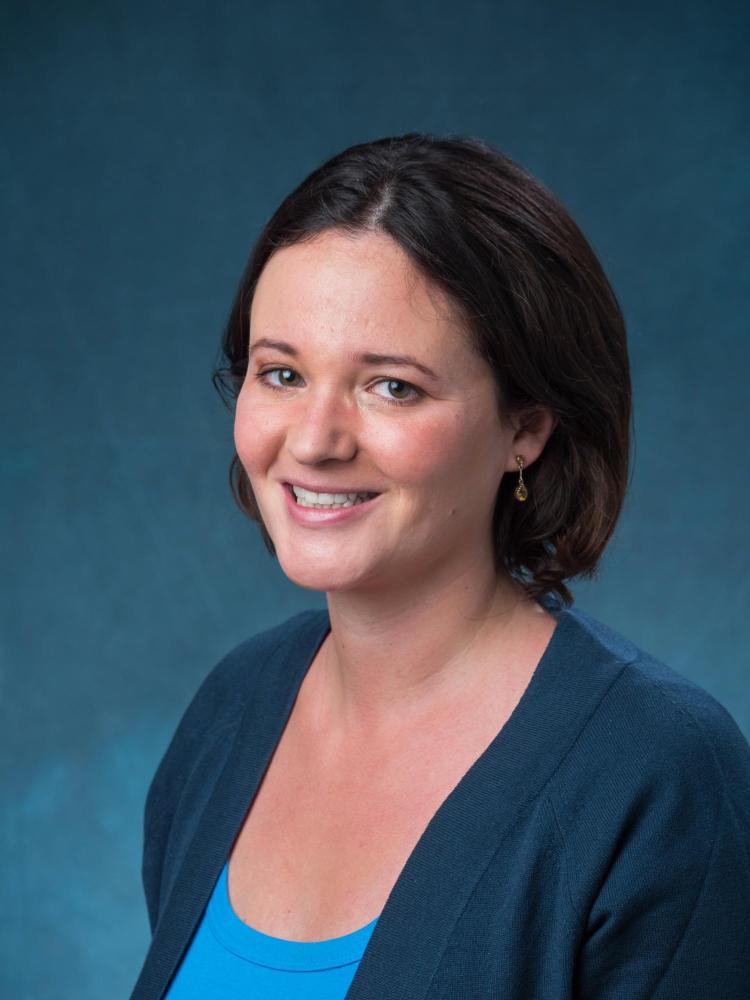
Kaminski is an associate professor and director of the privacy initiative at the law school’s Silicon Flatirons Center for Law, Technology, and Entrepreneurship. She specializes in the law of new technologies, focusing on information governance, privacy, and freedom of expression. In 2018, she researched comparative and transatlantic approaches to sensor privacy in the Netherlands and Italy as a recipient of the Fulbright-Schuman Innovation Grant. In 2018, she was named one of the "Brilliant Women in AI Ethics to Follow in 2019 and Beyond."
Publications
Her latest article, "Binary Governance: Lessons from the GDPR's Approach to Algorithmic Accountability," was published in the Southern California Law Review in 2019.
In May 2019, Kaminski published an op-ed in The New York Times titled "The Legislation That Targets the Racist Impacts of Tech," in which she assessed proposed legislation that would hold large companies accountable for machine learning-powered bias.
In February 2019, Kaminski published a piece in Science magazine titled "Shadow Health Records Meet New Data Privacy Laws" (with W. Nicholson Price II, Timo Minssen, and Kayte Spector-Bagdady).
Presentations and workshops
Kaminski co-organized a May 3 conference at Colorado Law titled "Explainable Artificial Intelligence: Can We Hold Machines Accountable?" Hosted by the law school’s Silicon Flatirons Center, the conference brought together scholars across law, computer science, and technology; policymakers; and those in the private sector to examine ways to make AI decisions more explainable, more understandable, and more accountable.
Kaminski was invited to participate in a Federal Trade Commission (FTC) hearing focused on the FTC’s approach to consumer privacy April 9-10, 2019. She spoke on a panel about current approaches to privacy and compare how various jurisdictions have enacted laws that address privacy risks, including federal law, European law (through the General Data Protection Regulation, or GDPR), and state laws—both enacted and proposed.
On March 18, she presented on binary governance at an event hosted by the Information Society Project at Yale Law School.
On Feb. 21, Kaminski delivered the 11th annual Judge Stephanie K. Seymour Distinguished Lecture in Law, "Binary Governance: A Two-Part Approach to Accountable Algorithms," at the University of Tulsa College of Law.
Craig Konnoth
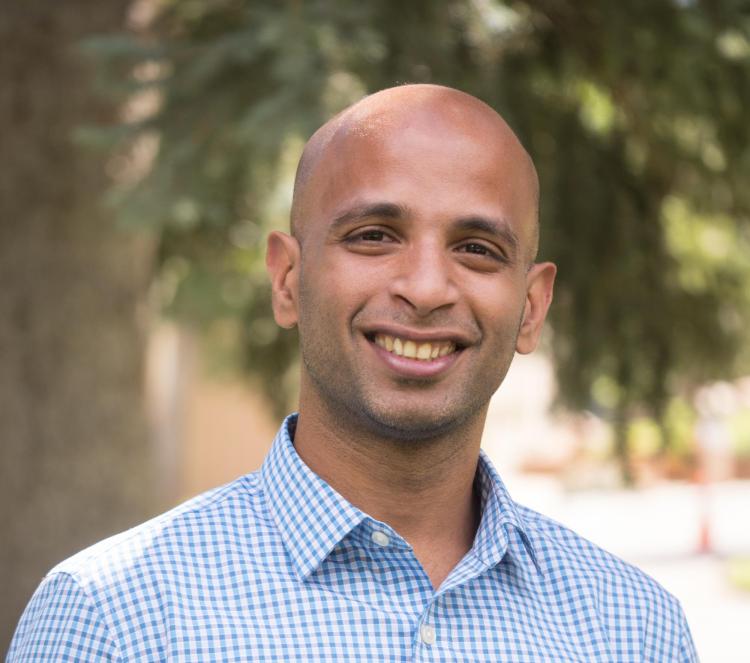
Konnoth’s work lies at the intersection of health law and policy, bioethics, civil rights, and technology.
Publications
Konnoth’s article, “Health Information Equity,” (University of Pennsylvania Law Review), won a National Science Foundation award last year. His works-in-progress include a piece related to data governance rising out of the 21st Century Cures Act and a piece focused on interoperability, written with Yale Law School Professor Abbe Gluck.
Two additional articles, "Drugs’ Other Adverse Effects" and "Medicalization and the New Civil Rights," will appear in the Iowa Law Review and the Stanford Law Review, respectively, in 2019 and 2020.
Presentations and workshops
Konnoth organized a successful conference on health innovation April 4 in partnership with the law school’s Silicon Flatirons Center. Speakers included Aneesh Chopra, former chief technology officer for the Obama administration; Lucia Savage, former chief privacy officer for the Office of the National Coordinator for Health Information Technology; Morgan Honea, executive director of the Colorado Regional Health Information Organization; and Phil Weiser, Colorado attorney general.
Over the last year, Konnoth also gave two presentations at Harvard Law School, a keynote address on LGBT youth health policy at a Pittsburgh Law/Medical School conference, and sat on a panel at the New York Academy of Sciences on health data issues.
Benjamin Levin
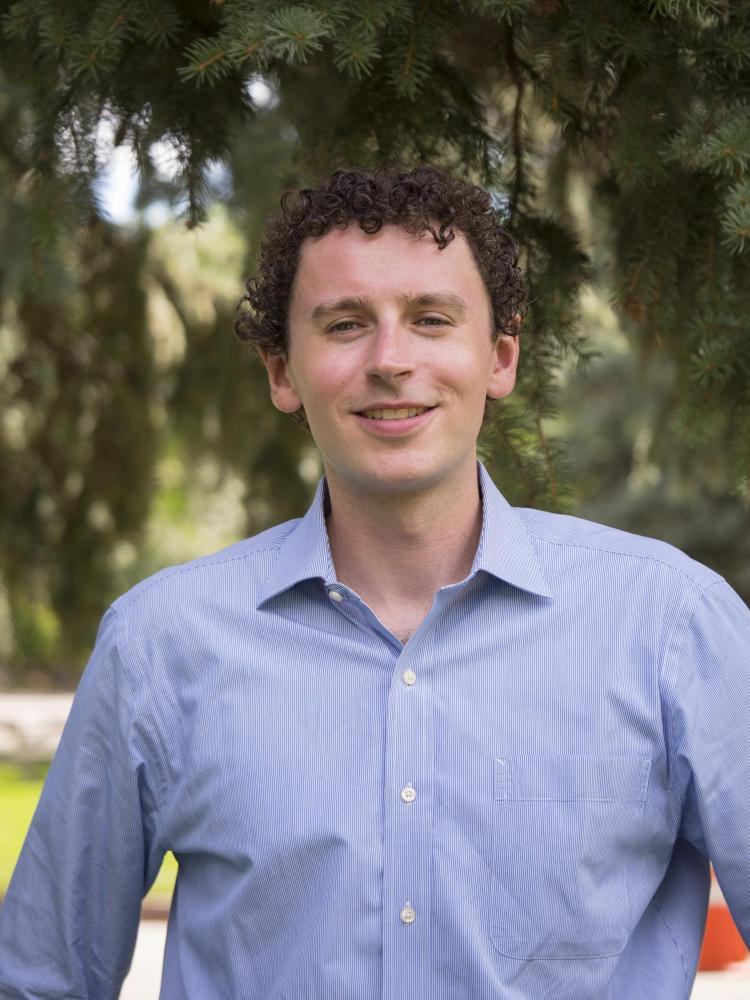
Levin studies criminal law and its collateral consequences. His current research examines the criminal justice reform movement and its relationship to other movements for social and economic change.
Publications
Levin’s article, “The Consensus Myth in Criminal Justice Reform,” was published in Michigan Law Review in 2018. Levin presented the piece, which The Marshall Project highlighted as its "Scholarship of the Day," at Harvard Law School’s annual Criminal Justice Roundtable.
Levin wrote "Mens Rea Reform and Its Discontents," which will be published later this year in the Journal of Criminal Law & Criminology. He presented the article at faculty workshops at the University of Washington School of Law and the William S. Boyd School of Law at UNLV. Levin also presented the article at CrimFest 2018, an annual gathering of criminal law scholars at Cardozo Law, and the tenth annual South West Criminal Legal Scholarship Conference. The article was featured on an episode of the Ipse Dixit podcast. Levin recently co-authored a Slate article on the subject with Carissa Byrne Hessick.
Last year, Levin published "Criminal Employment Law" in the Cardozo Law Review and "Rethinking the Boundaries of 'Criminal Justice'" in the Ohio State Journal of Criminal Law.
He received both the Excellence in Teaching Award and Outstanding New Faculty Member Award in 2018.
Scott Skinner-Thompson

Skinner-Thompson’s research and teaching interests are in constitutional law, civil rights, and privacy law, with a particular focus on LGBTQ and HIV issues.
Publications
Skinner-Thompson's article “Recording as Heckling” will be published in The Georgetown Law Journal later this year. He presented the piece the St. John’s University School of Law faculty workshop series in New York on Feb. 6, 2019.
Skinner-Thompson also wrote an article for Slate in October 2018 titled “The Person is Political,” which draws from his earlier piece, "The First Queer Right,” published in the Michigan Law Review in 2018.
Presentations
Skinner-Thompson moderated and participated in several discussions around the country, including:
- moderating "The Supreme Court: Defining the New Normal" at the Conference on World Affairs in Boulder;
- serving as a panelist for "Regulating Queerness: Gender Identity, First Amendment, Religion & Politics," at the Midwest LGBTQIA Rights Conference, held at the Washington University School of Law in St. Louis, Missouri;
- presenting on "Crowdsourcing Civil Rights" at the Loyola Con Law Colloquium in Chicago; and
- serving as a panelist for "The Rising Distrust of Journalism in the Courts" at the Privacy, News, and the Future of Freedom of the Press Symposium, held at Tulane University Law School in New Orleans.
Sloan Speck
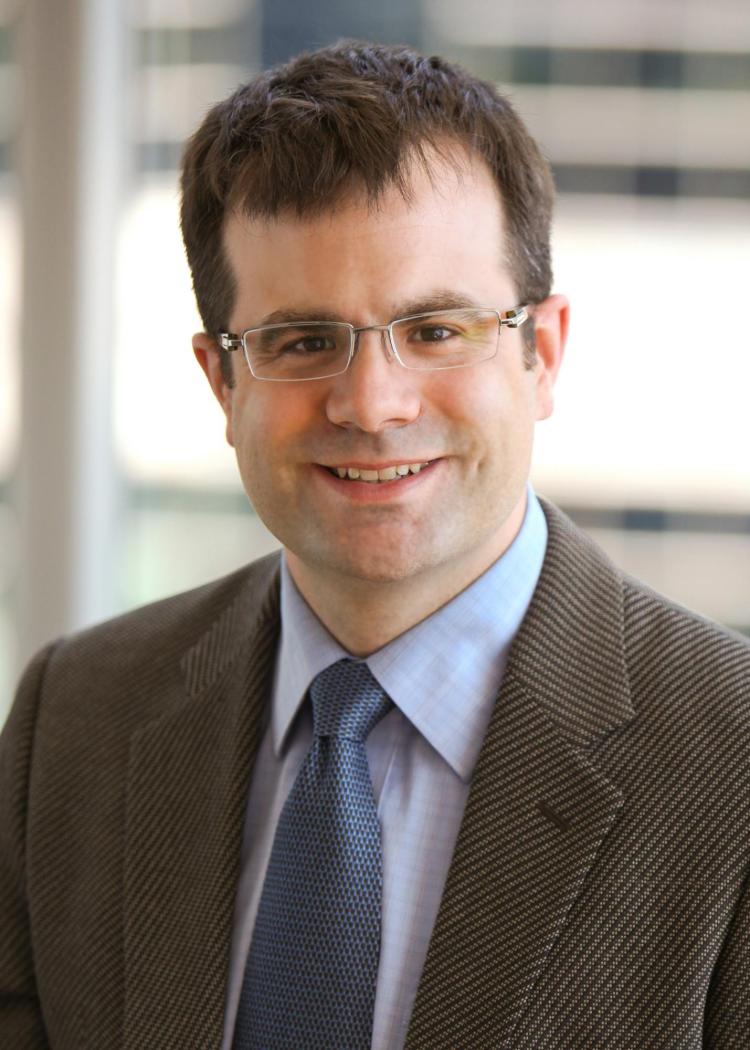
Speck's research interests are in tax law and policy, with an emphasis on corporate and international tax, legal and business history, and the ways in which taxation informs and structures the relationship between state and society.
Presentations and workshops
Speck will present his work-in-progress at the Law and Society Association Annual Meeting in a session titled “The Taxation of Crowdfunding for Medical Care.” The annual meeting is May 30 through June 2 in Washington, D.C.
Speck co-organized the 13th annual Junior Tax Scholars Workshop, which convened at Colorado Law June 15-16, 2018. Seventeen pretenure tax faculty members from across the country reviewed papers on a range of tax law topics. Speck, who teaches income taxation, corporate taxation, and real estate planning, presented his work-in-progress about the effects of taxation on crowdfunding for health care.


